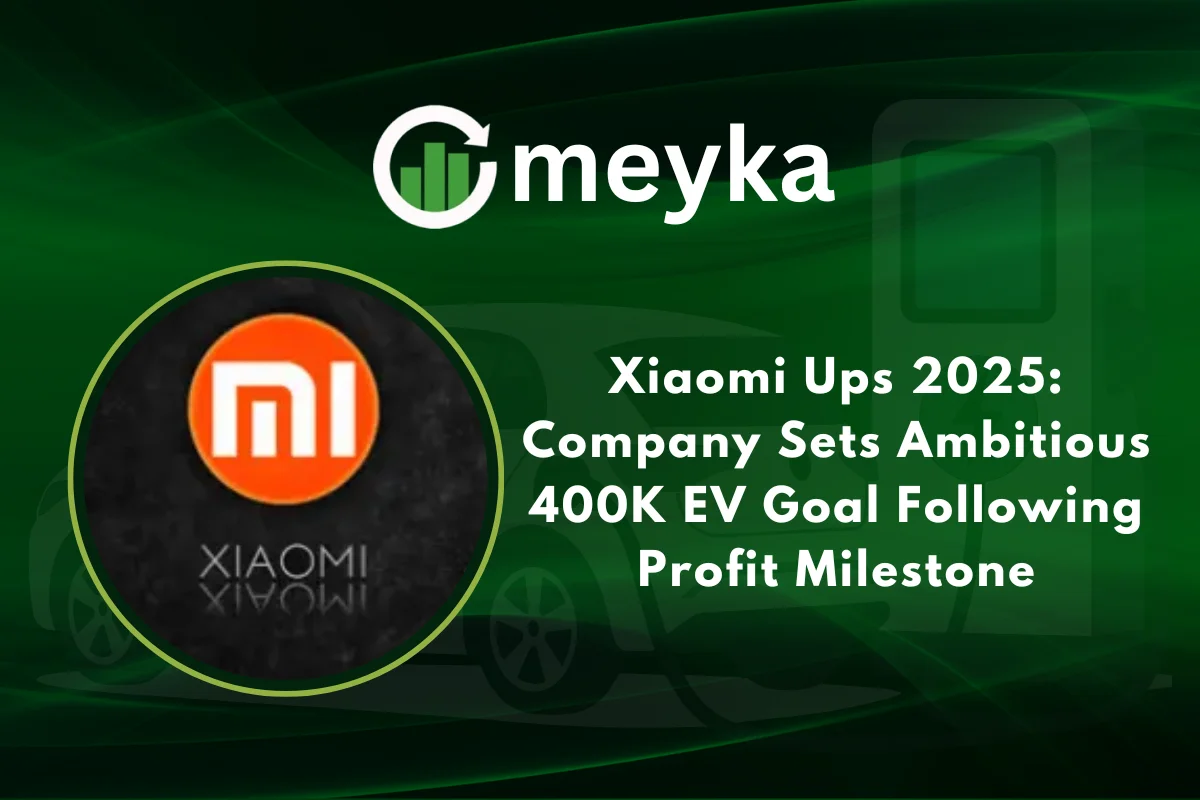Xiaomi Ups 2025: Company Sets Ambitious 400K EV Goal Following Profit Milestone
In 2025, Xiaomi dramatically raised the bar for its electric vehicle ambitions, projecting a bold target of 400,000 EV units despite already scaling up to 350,000. This leap reflects Xiaomi’s rising confidence, backed by a landmark profit milestone, strong delivery momentum, and aggressive capacity expansion.
Continue Reading on Meyka
This article is available in full on our main platform. Get access to complete analysis, stock insights, and more.
Read Full Article →





